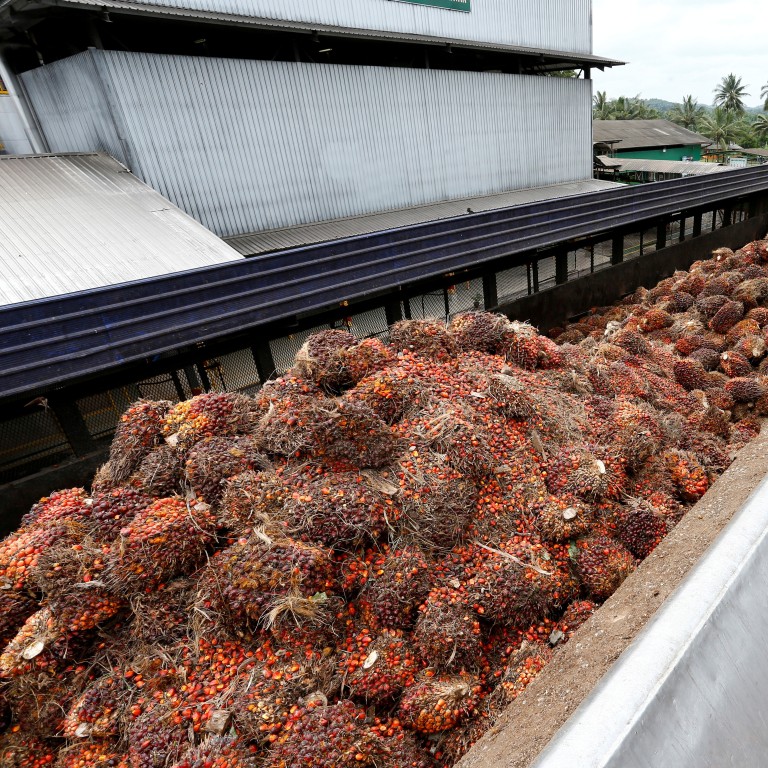
Letters | As Malaysian palm oil gets a shot of Modi’s nationalism, should India worry?
- India is seemingly hitting back at Malaysia, after Mahathir took a stand on Kashmir and a new Indian law. But the ban on imports of Malaysian palm oil might end up hurting those on the poverty line in India, by increasing the risk of food inflation
As a consequence of India’s amended trade policy, cost-push inflation and increased food-based inflation can be expected to hit the country.
India imports 70 per cent of its edible oils: soya, rapeseed and palm. Palm oil leads the pack with a 40 per cent share, of which 95 per cent used to be imported from Malaysia and Indonesia. This once made India the largest destination for Malaysia’s refined palm oil.
Previously, Malaysia managed to beat out the customary primary exporter of crude palm oil, Indonesia, because of duties levied by India. With the recent easing of crude palm oil duties and the ban on refined palm oil from Malaysia, Indonesia will capitalise on the situation and overtake Malaysia as the largest exporter of edible oil to India.
India is not likely emerge unscathed either – it will have to play catch-up in order for local refineries to keep pace with demand. Although most Indian refiners rejoice at the opportunity of increasing production, after losing out to cheaper imported refined oils for years, there are doubts about whether the industry can take on such an increase in production so quickly without incurring too many added costs.
With India being the largest user of palm oil – “capturing over 20 per cent of global supply”, according to WWF India – the effect of this change will be felt.
For a sense of how the change could manifest, consider the issue that has plagued India in the past decade: food-based inflation.
Food prices in India rose 10.01 per cent in November of 2019, following a 7.89 per cent increase in the previous month, reaching the highest level since December of 2013. This issue is as relevant to India’s national security as it was nearly a decade ago.
Furthermore, the increase in prices of crude palm oil and other alternatives, coupled with other supply-based fluctuations, will only help increase India’s food inflation.
Rising food prices are generally temporary and will decrease over time. Alas, even fleeting periods of fluctuating prices can result in extensive hardship for those on the poverty line.
Sadly, the future of free trade between these Asian nations seems to be on shaky ground. Mahathir appears torn between his government’s unshaken support for the commodity and his stance on the Kashmir issue. Indian Prime Minister Narendra Modi remains unmoved, and in the foreseeable future is likely to continue to put nationalistic policies first.
Danial Hariz Bin Mohd Robiei Wong, associate researcher, Crisis Management Centre, Kuala Lumpur

